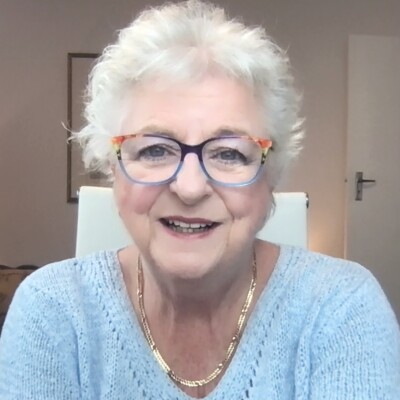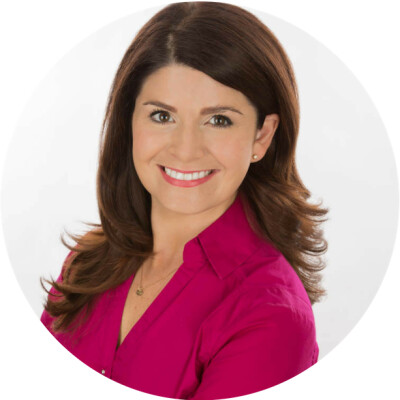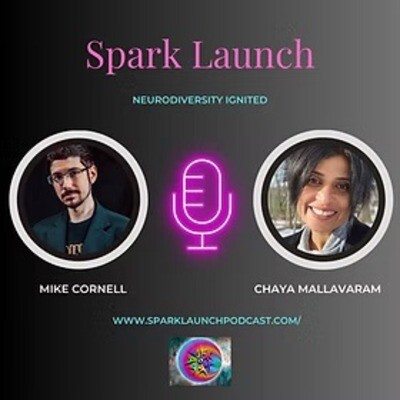Description
There is nothing to solve because there's nothing wrong. There's nothing broken, there's nothing to fix.
Kate’s story really hits home for so many parents facing an autism diagnosis. She started out as someone who always felt comfortable in a teaching role—chalkboard in her childhood bedroom, always playing the teacher—yet nothing quite prepared her for the emotional shift that comes with parenting an autistic child. She remembers being in meetings as a case manager, seeing parents receive a diagnosis they kind of suspected but still felt blindsided by. That moment, with all its uncertainty, felt like being set adrift in the middle of the ocean, not even knowing what questions to ask. It was only through her own parenting journey, and the honest realization that not every solution fits every child, that Kate learned to pivot. She had to let go of the urge to “fix” and, instead, focus on connecting with her kid, even admitting when she didn’t have all the answers. The raw truth is, she’s learned just as much from her own child as she ever did from professional training—sometimes the best thing to do is simply listen, let things be, and give yourself a little grace along the way.,Kate’s journey into understanding autism didn’t begin in a textbook or a classroom—it started the day she realized parenting was less about fixing problems and more about letting go of expectations. As someone who always felt at home teaching others, she was used to having answers and creating plans. But everything changed when her own child’s needs challenged what she thought she knew. That gut-punch moment of hearing the official diagnosis made her realize how overwhelming it can feel to be a parent in that situation, even if you saw it coming. Instead of searching for a quick fix, Kate found herself learning to meet her child where they were, building a connection based on trust and empathy. She discovered that the most important thing wasn’t having all the right solutions, but being open to listening, stumbling, and growing together. Through ups and downs, she became living proof that it’s okay not to have it all figured out—and that sometimes, the real magic happens when you simply show up for your child, ready to learn right alongside them.
Take the What is your child's autistic love language? quiz.
Seek out developmental pediatricians for ongoing appointments and support.
Avoid relying solely on Google or online sources for autism information.
Join supportive communities or groups (such as Facebook groups) for parents of autistic children.
Learn about your rights and the IEP (Individualized Education Program) process for your child.
Contact Me
https://aspergersstudio.com/
https://www.youtube.com/@AspergersStudio
https://www.linkedin.com/in/reidmiles/
https://www.facebook.com/TheNeurdivergantConnection
https://www.twitter.com/AspergersStudio
Hosted by Ausha. See ausha.co/privacy-policy for more information.





